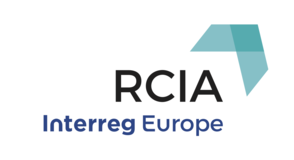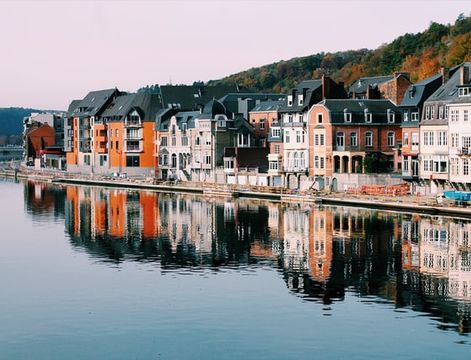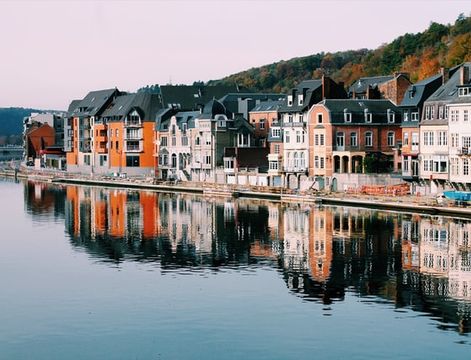A key ingredient to making RCIA a success is our stakeholders’ inputs and advice. It is only with their support and commitment that we can succeed in creating valuable and visible change. Here we’ve passed the word on to one of our stakeholders from Poland, Dr. Robert Zajkowski.
“I have a Ph.D. and am a lecturer at Maria Curie-Sklodowska University in Lublin, and my interests relate to consultancy and advisory activities for business entities, mainly start-ups and SMEs. Because I am perceived by some people as a specialist in corporate finance and finance instruments issues, I was proposed as a stakeholder in the RCIA project, which elaborates best solutions on how to support the cultural and creative industries in Lublin Region financially. Of course, I decided to join without hesitation. By performing a stakeholder role, I hope to not only contribute in the project as a consultant and observer, but also have a say in the final solutions that will be implemented in the market practice. Additionally, thanks to contacts and experience sharing with people who represent the creative industries area, I hope to learn some novelty end expand my own horizons of knowledge. After my first international meeting in Greece, I see that we struggle with a whole umbrella of difficulties and obstacles that seem to be a source of questions to raise. I divided them into four groups: (i) which model of cooperation among various groups of cultural and creative industries representatives would be most feasible, (ii) how to encourage craftsmen and “wannabe artists” to operate in a business perspective, (iii) which model of financial support would be most efficacious for these industries, and (iv) how to raise financial resources which are necessary to lift up cultural and creative industries. Despite that, during the Greece meeting, I was convinced that the overlap of different experiences among the RCIA members coupled with their enthusiasm and engagement, will allow us to figure out a top-of-the-range mechanism for cultural and creative industries’ development.”












